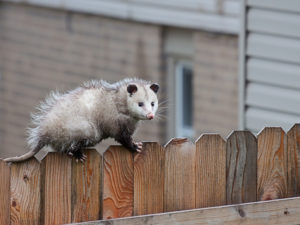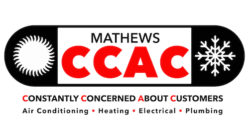
Read on and learn how certain critters, from minute to sizable, may damage your outdoor equipment — and how to boost HVAC-unit protection.
Creatures That Can Damage Your HVAC System
-
- Homeowners living in Texas and the Gulf states have likely heard about the invasive species known as tawny crazy ants. They’re called crazy ants because they move erratically along trails rather than in a straight line. Rather than inhabiting mounds, they move into or under manufactured items, such as flower pots, pavement, and yes, condenser units. They are attracted to electrical wires, swarming these in such great numbers that they cause them to short out. If you see ants inside your outdoor HVAC unit, do not hesitate to call an exterminator and your HVAC consultant.
- Rodents may be drawn to your condenser unit because it offers protection from the weather. This often happens when homeowners encase the unit in a tarp or other covering. Rodents can chew wires and cause great damage. Their urine and feces are also corrosive and can damage parts. In general, it’s best to avoid HVAC covers that encourage nesting. Also, inspect your unit regularly for signs of infestation.
- Bees and wasps may take up residence in your condenser, and though they probably won’t harm it, you’ll need to get them out, or no HVAC tech will want to service your unit.
- Dogs can cause problems when they urinate on the condenser. The urine is corrosive and can eat through the air conditioner coils and aluminum fins. This corrosion can lead to a refrigerant leak. Also, the fins, which aid in the transfer of heat from the unit, may need to be replaced so the A/C can cool properly. You may need to build a fence around the unit to deter Fido from marking his territory.
For more on HVAC-unit protection, contact CCAC.












